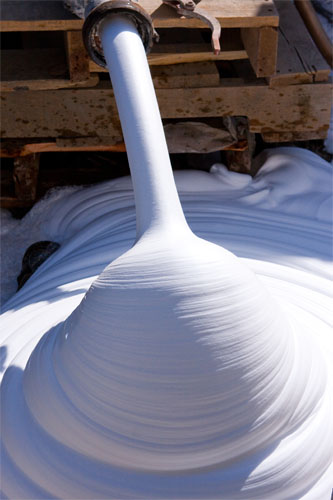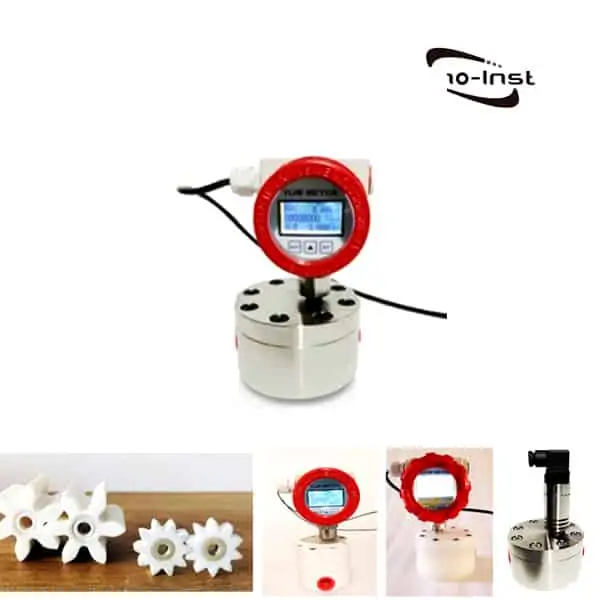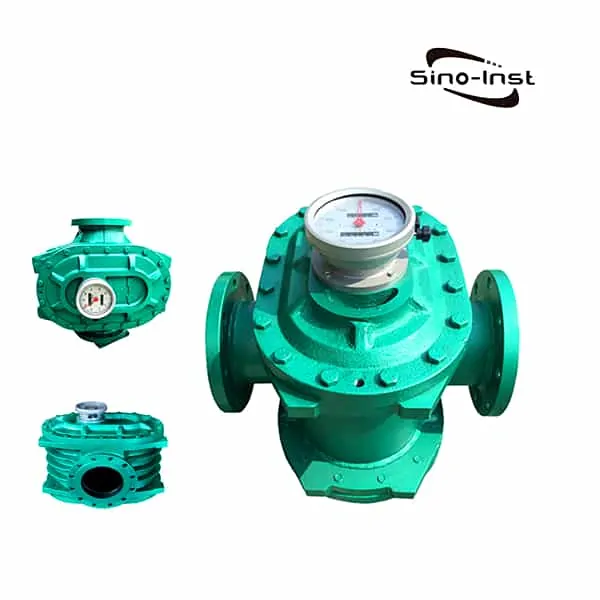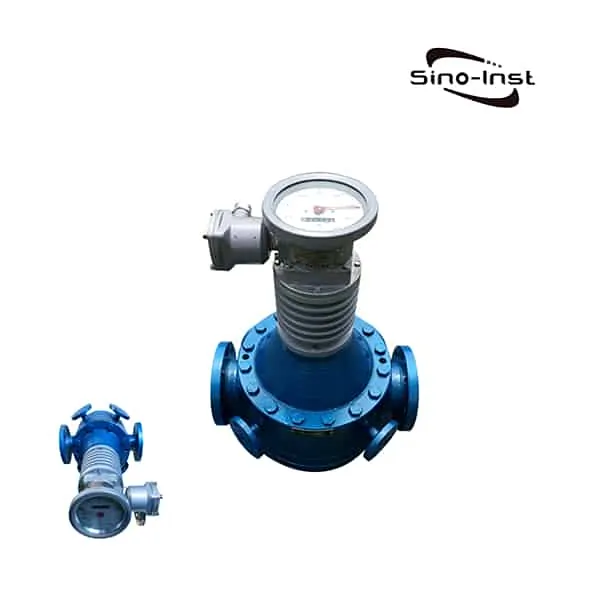Cement Additives play a pivotal role in modern construction. These special ingredients, when mixed with cement, enhance its properties, making buildings and structures stronger and more durable. However, the magic of cement additives is not just in their presence but in their precise proportions. In the world of cement production, exact measurements aren’t a luxury—they’re a necessity. Any deviation can affect the quality, leading to potential structural issues or increased costs. It’s here that the precision tools of the industry become indispensable, ensuring every mix is just right.

The Science of Cement Additives
At its core, cement is a binder, a substance that sets and hardens and can bind other materials together. But to enhance its performance, we introduce cement additives. Think of these additives as the special ingredients in a recipe, each bringing its unique flavor.
These additives have specific roles:
- Accelerators: Speed up the setting time.
- Retarders: Slow down the setting time, useful in hotter climates.
- Water-reducers: Reduce the amount of water needed without compromising the cement’s strength.
The right mix of these additives can make cement more workable, stronger, or even more resistant to environmental conditions. But it’s a delicate balance. Too much or too little of any additive can change the cement’s properties, which is why precision in measurement and understanding their roles is so crucial.
Gear Flow Meters: The Unsung Heroes
Imagine having a tool that watches every drop of a liquid, making sure it flows just right. That’s essentially what a gear flow meter does. These devices measure the rate at which a liquid, like our cement additives, flows through them. Picture two gears spinning as the liquid passes; the speed at which they move helps determine the flow rate.
Why are they so important for cement additives? Here are some reasons:
- Precision: Ensuring that each mix of cement and additives was just right, leading to safer and more durable structures.
- Consistency: With every batch of cement measured accurately, constructors could trust the consistency of their materials.
- Time-saving: No need for guesswork or repeated measurements. The meters provided reliable results quickly.
It’s clear that in the vast world of construction, gear flow meters may not be the most talked-about tools. But their contribution? Absolutely invaluable.
Cylinder Gear flow meter is a type of positive displacement flow transmitter. It is a high-precision transmitter for measuring volumetric flow. With the flow of the medium, the gears mesh and rotate. Under the action of fluid flow. Measure the number of revolutions of the gear to know the flow of liquid and liquid flowing through the instrument. It is especially suitable for the flow measurement of heavy oil, polyvinyl alcohol, grease, and other high-viscosity media. It can measure the viscosity of Fluid up to 10000Pa.s.
More Featured Flow Measurement Solutions
What Is a Coriolis Mass Flowmeter and How Does It Work?
What Are Flow elements? Guide for Different Types of Flow Elements
What Is a Doppler Flow Meter?
Top Liquid Flow Meters in Industry
Exploring the Different Types of 1 Inch Flow Meters
Flow Meter Selection Guide 101: Find the Perfect Fit for Your Application
In the complex ballet of cement production, every component, from the most evident to the ones behind the scenes, matters immensely. While cement additives play their part in enhancing the strength and durability of our structures, it’s the gear flow meters that ensure these additives are used just right. Their precision, reliability, and efficiency are the silent pillars upon which many of our grand constructions stand tall and proud.
And speaking of precision and reliability, it’s only fitting to mention the craftsmen behind these essential tools.
At Sino-Inst, we pride ourselves on being seasoned manufacturers and suppliers in the realm of flow measurement. With a rich history of serving numerous industries and an unwavering commitment to quality, our gear flow meters are trusted by professionals globally. Have a specific need or unique requirement? We’re here to customize solutions tailored for you. Dive deeper into precision with us. Contact Sino-Inst today.
Request a Quote

Wu Peng, born in 1980, is a highly respected and accomplished male engineer with extensive experience in the field of automation. With over 20 years of industry experience, Wu has made significant contributions to both academia and engineering projects.
Throughout his career, Wu Peng has participated in numerous national and international engineering projects. Some of his most notable projects include the development of an intelligent control system for oil refineries, the design of a cutting-edge distributed control system for petrochemical plants, and the optimization of control algorithms for natural gas pipelines.









